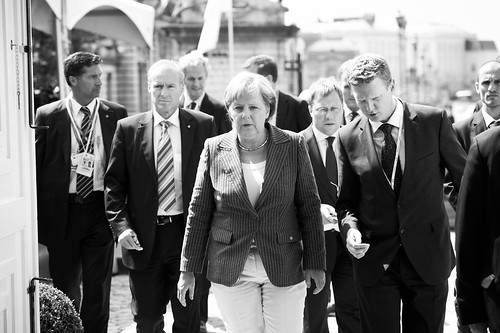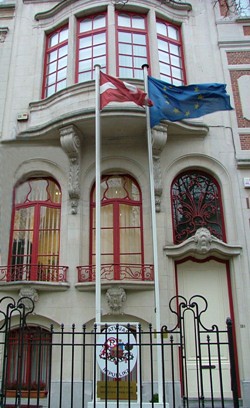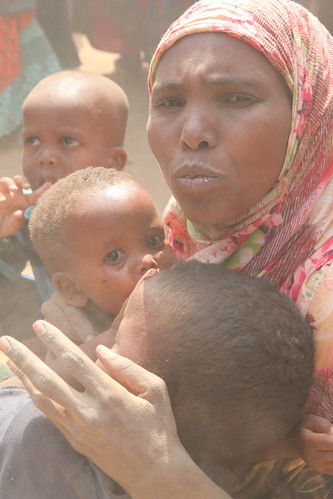The signatories stress the fact that internships and apprenticeships should be a learning experience to integrate young people into the labor market, not a means for companies to replace a full-time position with an unpaid internship. Therefore, they should normally take place within an educational programme and be appropriately remunerated.
At the Youth Employment conference organized in partnership with the OECD, panelists from the European Commission, the European Parliament, Trade Unions and youth organizations also debated the fate of Europe’s young population in the economic crisis. With youth unemployment rates between 45% in Spain and 7% in the Netherlands (September 2011 figures), young Europeans are disproportionately hit by the crisis. Reasons for this are the fact that the crisis first eliminated new job vacancies that could have put youths into employment, and that an employer’s need for particularly skilled personnel increases in a crisis, thus making it difficult for young people without prior work experience to meet the requirements.
To improve the situation for young unemployed, the European Commission is set to come out with a Youth Opportunities Initiative tomorrow, 20 December (update: now online here) working towards a “Youth Guarantee”, and a Youth Strategy in the spring of 2012. “Young people should be either in education, or in work,” said Jean-Louis De Brouwer, Director of the Division “Employment, Lisbon Strategy, International Affairs” in DG Employment of the European Commission, adding that they may be offered a qualification measure if they have not found a job after four months of unemployment.
At the conference, I interviewed the Member of the European Parliament Emilie Turunen, European Youth Forum Secretary General Giuseppe Porcaro, Santa Ozolina, in charge of the Quality Charter for Internships on the part of Youth Forum as well as Ben Lyons, Co-Director of InternAware. You can watch a round-up about the Quality Charter here and the individual interviews below.
See the individual video interviews here:
- Emilie Turunen, Member of the European Parliament
- Giuseppe Porcaro, Secretary General of the European Youth Forum
- Santa Ozolina, Policy Officer Employment and Social Affairs at the European Youth Forum
- Ben Lyons, Co-Director of InternAware (will be available on Monday)


















